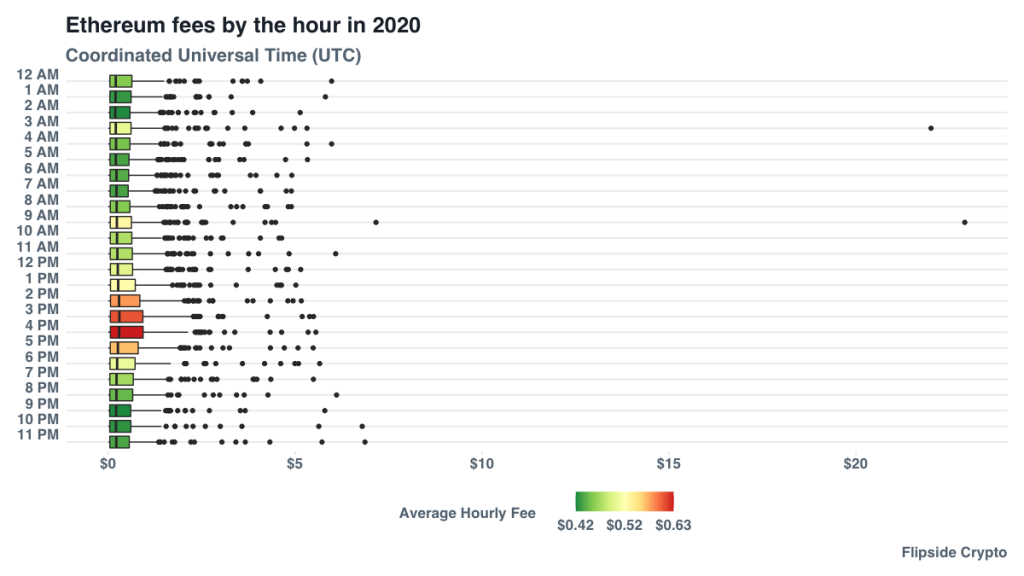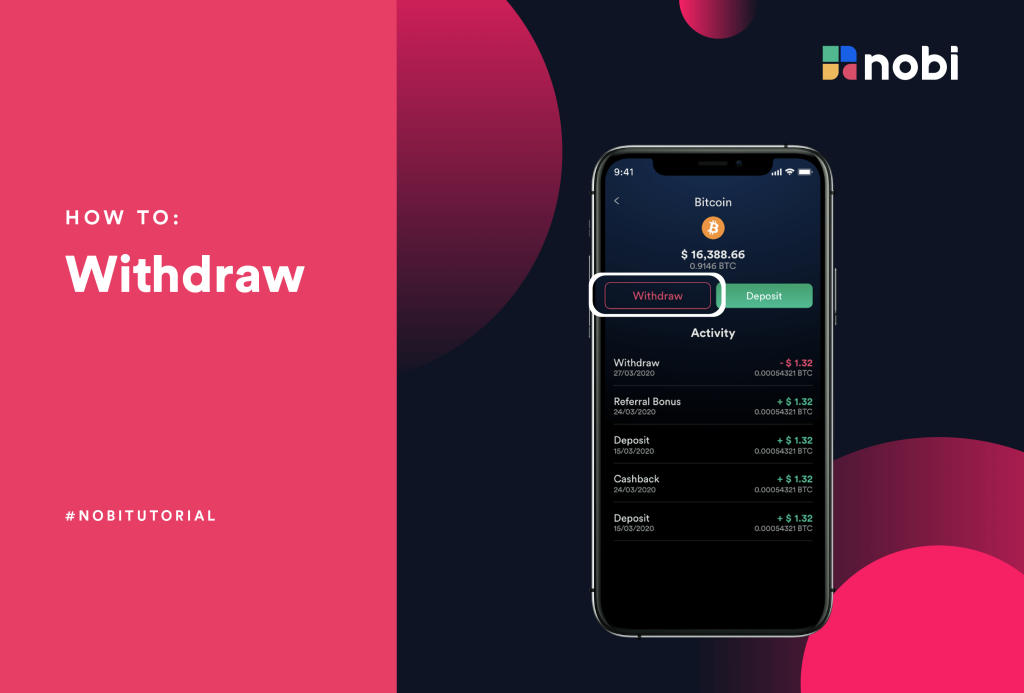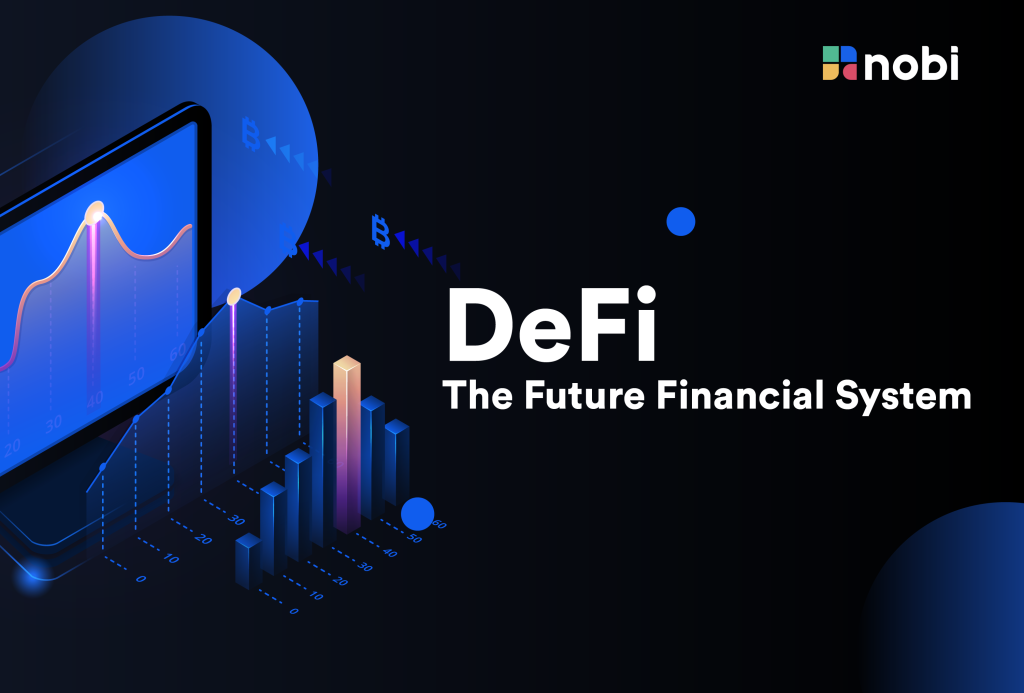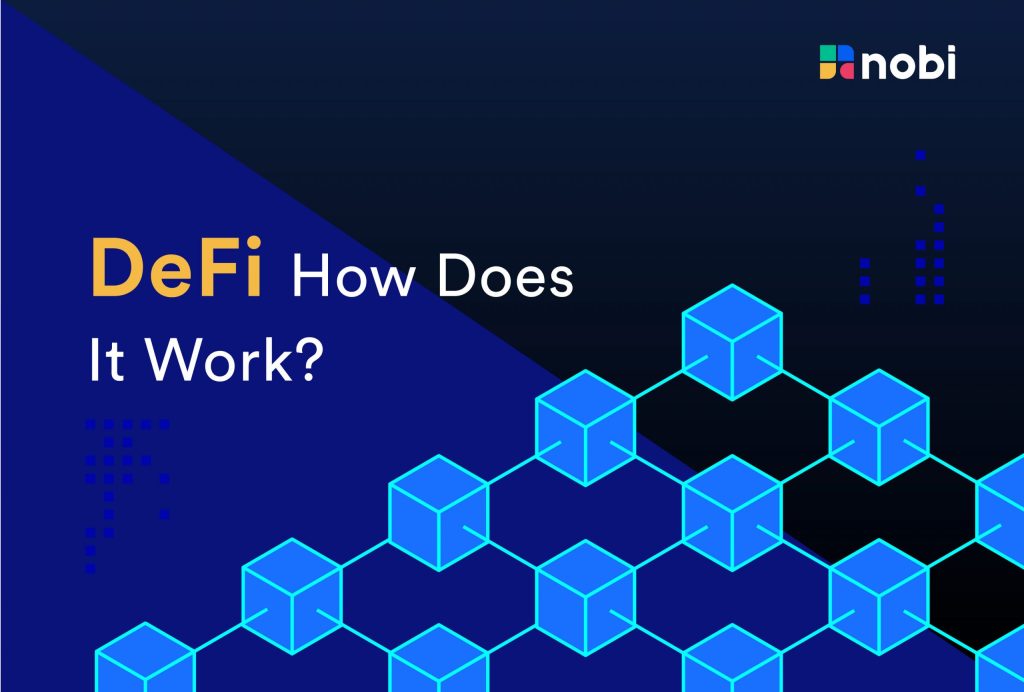Ethereum gas fees are ridiculously high, when will it finally go down?
Introduction
Bitcoin has been in the spotlight amongst big traditional to new investors, particularly during the COVID-19 pandemic. With its price keeps hitting new all-time highs, this also affects the second most popular cryptocurrency; Ethereum (ETH). And the Total value locked (TVL) up in DeFi protocols built on Ethereum has jumped $4B to more than $18B in 2021 alone. Although the hype for cryptocurrencies is good news for crypto fans, it’s a different story when it comes to users who are paying higher fees.
And as the Decentralized Finance (DeFi) ecosystem continues to grow, the traffic in the Ethereum blockchain has gotten a lot busier. This affects scalability issues and high transaction fees (gas fees) in the Ethereum network. So, If you haven’t made a transaction on the Ethereum network in a while, don’t be surprised if the gas prices are ridiculously high at the moment. And it’s a very common question that we get a lot from our users; why are Ethereum gas fees are so high? When will it go down?
What are gas fees?
In short, gas fee is the fee you must pay to execute a transaction on the Ethereum network. So, If you want to execute a transaction, you will need to pay some gas fees. More accurately, gas fees are fees paid to miners to compensate them for completing our computations. The more computations (calculations) required to complete a transaction, the more gas is required to complete the transaction.
For example, if you’re sending ETH from one wallet address to another, requires little computations. On the other hand, if you interact with Uniswap, requires a bit more computations. This is because the smart contract itself, is going to be interacting with the liquidity pool, and it’s going to be exchanging tokens back and forth and it’s going to be calculating liquidity fees, proportional to the liquidity pool tokens in the pool.
So even though you may doing one transaction on Uniswap, that transaction requires more computations compared sending ETH from one wallet to another. Thus, the gas fees can be a bit more. Some of DeFi transactions have layer and layer of computations, that need to be calculated in order for one transaction to be completed. That’s why some of these DeFi costs more gas than any transactions, probably anywhere in the blockchain.
But bear in mind that gas fees are not constant, it fluctuates depending on the network’s demand. Besides transaction fees, gas also has other uses. Such as execution of smart contracts, launching DApps, and storing data on the blockchain.
How does gas fee work?
Gas is measured in Gwei. And some main factors that determine gas fees are the current price of ETH itself, the complexity of the transaction, and the number of people transacting at the same time. Gas fees can cost as much as US$ 100 or more, for a single transaction. You might want to check out ethgasstation.info for more info about gas prices, transaction confirmation times, and miner policies on the Ethereum network. A useful tip: avoid Ethereum’s busy transaction hours to avoid high gas fees.

The chart shows, on average, the Ethereum blockchain is busiest from 1 PM UTC to about 6 PM UTC, corresponding approximately to the early U.S. By contrast, the least busy period is between 9 PM UTC and 11 PM UTC.
When will it go down?
It’s the question that all of us are dying to know. When will Ethereum’s gas fee go down? Some experts speculate that the long-awaited launch of Ethereum 2.0 and EIP 1559 is the answer to reduce high gas fees. The purpose of EIP 1559, is to provide wallets and users a much needed improvement to the user-experience of gas management. Knowing how much to spend on gas in order to pay for one’s transaction is a UX issue that plagues Ethereum.
Are you also hyped for Ethereum 2.0? Or do you think high gas fees could cause a long-term issue? Let us know on our social media. Find us on Twitter, Facebook, and Instagram.
And for any questions, suggestions, feedback, or comments, feel free to reach us anytime at roadmap.usenobi.com or follow us on Telegram.
#GrowYourCrypto #GrowWithNOBI
Related Article













